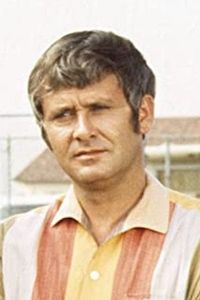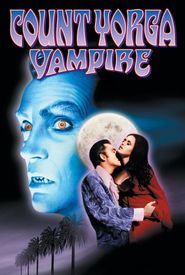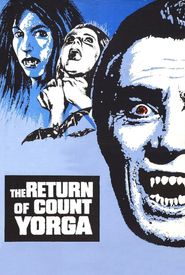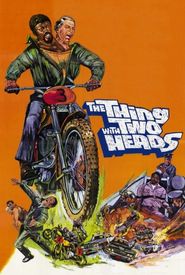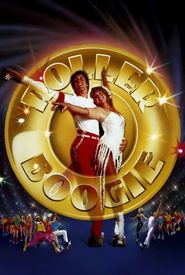Roger Perry, a fresh-faced and blue-eyed all-American looking individual, was discovered by the renowned Lucille Ball and subsequently signed as a Desilu contract player, marking the beginning of his screen career in anthology television.
Early opportunities for stardom presented themselves, such as his role as the junior half of a father-and-son lawyer firm alongside Pat O'Brien in the television series Harrigan and Son (1960).
Throughout the 1960s, Perry established himself as a busy and versatile actor, appearing in a diverse range of genres. One notable guest role was as Air Force pilot John Christopher in the science fiction episode Tomorrow Is Yesterday (1967),where he found himself involuntarily time-traveling.
Prior to his acting career, Perry served as an intelligence officer in the United States Air Force in the early 1950s.
Perry's characters could be sized up as shifty types, dopers, or nervous weaklings on occasion, but more often as down-to-earth cops, doctors, or middle echelon military personnel.
He was no stranger to science fiction and horror, with notable roles including a devious alien masquerading as a magazine writer in The Prophet (1967) and a sympathetic physician in Count Yorga, Vampire (1970).
The doctor tag stuck, and Perry went on to play medicos in a couple of camp cult favorites: The Return of Count Yorga (1971),in which his character hurls a vampire off a balcony to his doom, and The Thing with Two Heads (1972),as a collaborator of the demented scientist in residence, played tongue-in-cheek by Ray Milland.
Perry also enjoyed frequent guest spots on crime time TV, including Ironside (1967) and The F.B.I. (1965),as well as soap opera, such as Falcon Crest (1981).
In addition to his acting career, Perry sidelined as a composer and songwriter for Los Angeles theatre productions, including a mid-1980s musical version of George Bernard Shaw's 'You Never Can Tell', which featured his future wife, Joyce Bulifant.
